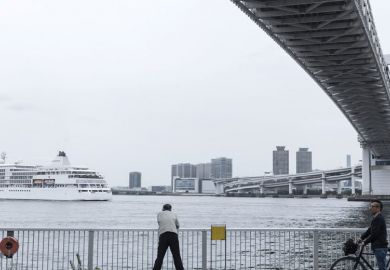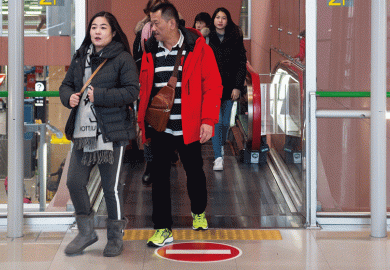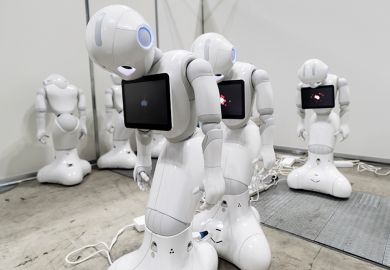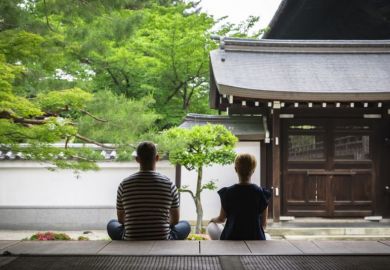Japanese universities’ inflexibility on employment and career incentives is hurting their ability to attract leading researchers from around the world, academics have warned.
Scholars who work in the country say that its institutions’ unwillingness to part with certain practices – from requiring all professors to invigilate exams to continuing to rely on seniority to determine pay – was hurting universities’ ability to remain internationally competitive.
“In many cases, even if you are a prestigious top researcher, you have to teach [a] big class without teaching assistants. You have to do many things – including exam duties, students’ affairs, demo classes at the open campus days and in high school,” said Takakazu Yamagishi, a professor at Nanzan University and director of its Center for International Affairs.
“The fundamental problem is that in general, there are not clear divisions among research, teaching and administration in Japanese universities,” he said, adding that research institutes, such as Nanzan’s Institute for Religion and Culture, were an exception.
Those academics who choose to take on administrative leadership roles are rarely exempted from their basic workload, he said. In Professor Yamagishi’s case, he has to teach the same number of classes as colleagues and keep up other duties despite his responsibilities – something that leaves his US colleagues taken aback.
“There are aspects of Japanese education that are, from the outside, just eye-popping,” agreed Hiroshi Ono, a professor of human resource management at Hitotsubashi University.
Having spent a large part of his academic career in the US and Sweden, Professor Ono was especially perplexed by Japanese universities’ proctoring system.
“What blows my mind is that they…mobilise full professors. Even Nobel Prize-winning professors are supposed to read the instructions and say: ‘The test will now begin…and put your pencils down,’” he said, adding: “This is something anybody can do.”
In the country’s most prestigious private universities, which can attract tens of thousands of applicants a year, the load can be even heavier – with some colleagues at other institutions spending three full days invigilating and grading exams, many of them still handwritten, said Professor Ono.
“If you’ve grown up in the Japanese system, you don’t question it,” he said, but he acknowledged that international scholars may not be so keen: “That may be enough to turn off anyone from working at Japanese universities.”
Academics not put off by such duties face other hurdles. Husband-and-wife appointments – the practice of hiring a professor and their spouse, if both are researchers – which are commonplace in some Western sectors, have yet to gain traction in Japan.
Perhaps more worrisome still, most Japanese institutions have yet to fully adopt a merit-based system for calculating scholars’ pay.
Hitotsubashi was among few in the country to have started a merit-based track for academics, but the difference in pay for those with impressive publication records wasn’t huge, said Professor Ono.
Shinji Kaneko, executive vice-president of global initiatives at Hiroshima University, agreed that universities must adopt a more merit-based approach but questioned how this could be done.
“I basically agree, but first we must agree on criteria and evaluation methods for what research results are excellent and what are not. This is especially true for faculties in the humanities and social sciences, since many of the evaluation criteria at the moment are valid only in Japan,” he said.
But unless universities change their stance on one critical detail – the requirement that professors speak Japanese – no amount of flexibility on other issues will help recruit international faculty, warned Professor Kaneko.
“Many open positions require the ability to work in Japanese. This causes fatal restrictions for international recruiters,” he said.
Register to continue
Why register?
- Registration is free and only takes a moment
- Once registered, you can read 3 articles a month
- Sign up for our newsletter
Subscribe
Or subscribe for unlimited access to:
- Unlimited access to news, views, insights & reviews
- Digital editions
- Digital access to THE’s university and college rankings analysis
Already registered or a current subscriber? Login








